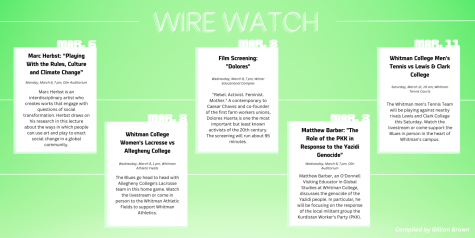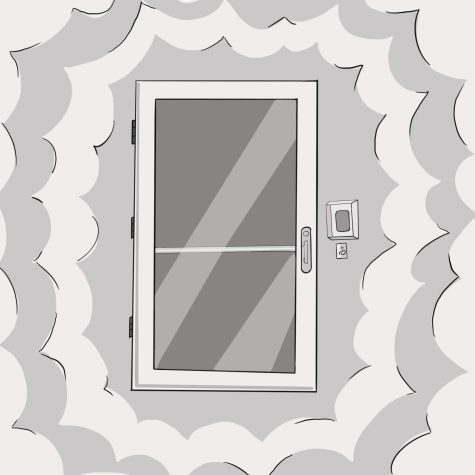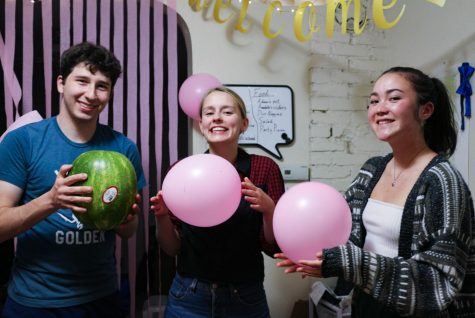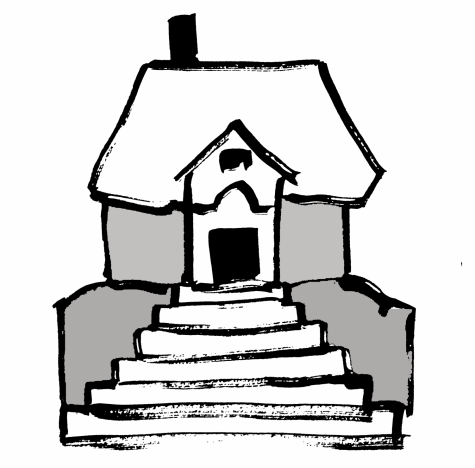Report: Whitman students spend 65% of all time on campus clueless, just having no idea
October 27, 2022
In a groundbreaking new study, local sociologists have now confirmed that Whitman students collectively spend almost two-thirds of their time having no idea what they’re supposed to be doing, whether in academics, social situations, relationships or in any event whatsoever.
“We tried to go in with an unbiased eye, despite the constant confused, vacant look we found in the eyes of most students,” wrote Dr. Caroline Rothfuss, author of the study. “But months of research have confirmed our initial hypothesis that Whitman students have no goddamn clue what is going on around them at any given time.”
Despite initial surprise at the revelation, no students have come to dispute any of the investigation’s findings. After four years of a pandemic, political instability and the constant threat of unsolicited calls when people could just text, most Whitman students support the results of the study. Or, at the very least, they vaguely nod in agreement because they didn’t hear the question and just want to get the conversation over with.
While 65% is the average of all Whitman students, the study’s results show a number of outliers. In fact, some rare students have been recorded as being aware of their surroundings and their general path in life during nearly half of their time on campus. On the other side of the divide, The Wire was able to get in touch with senior Elbert Danger who possessed the highest score for most time spent completely clueless at 99.7%.
“Yeah, I don’t know what’s going on most of the time,” Danger said, while trying to figure out how to exit the Hall of Science. “I did a course on Zoom four years ago, then I blacked out, and now they’re telling me I’m graduating with a degree in horse science. I don’t really think that’s real, but I don’t want to deal with switching majors, you know?”
When asked for his plans after graduating, the senior shrugged and stated, “I guess I’ll just do science on, for or about horses for 50 or so years and then die. Might as well.”








